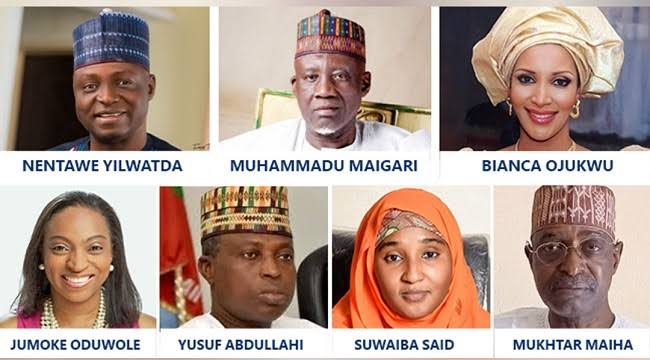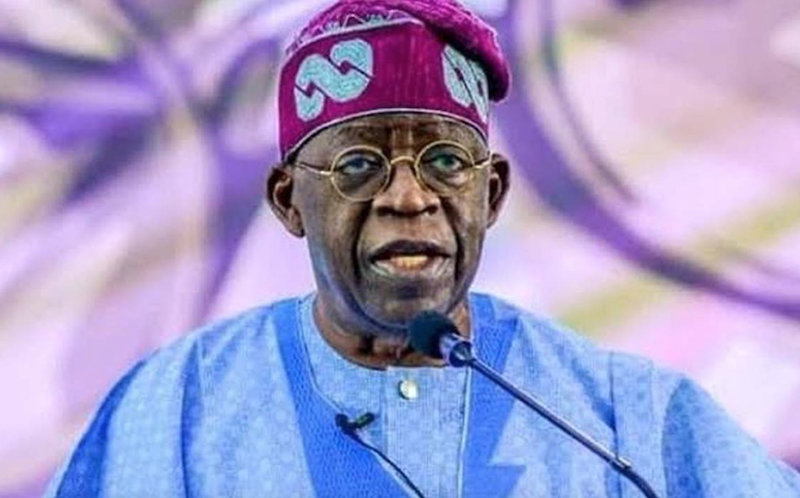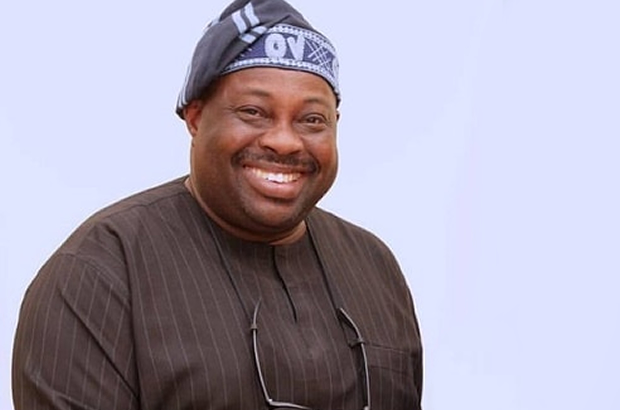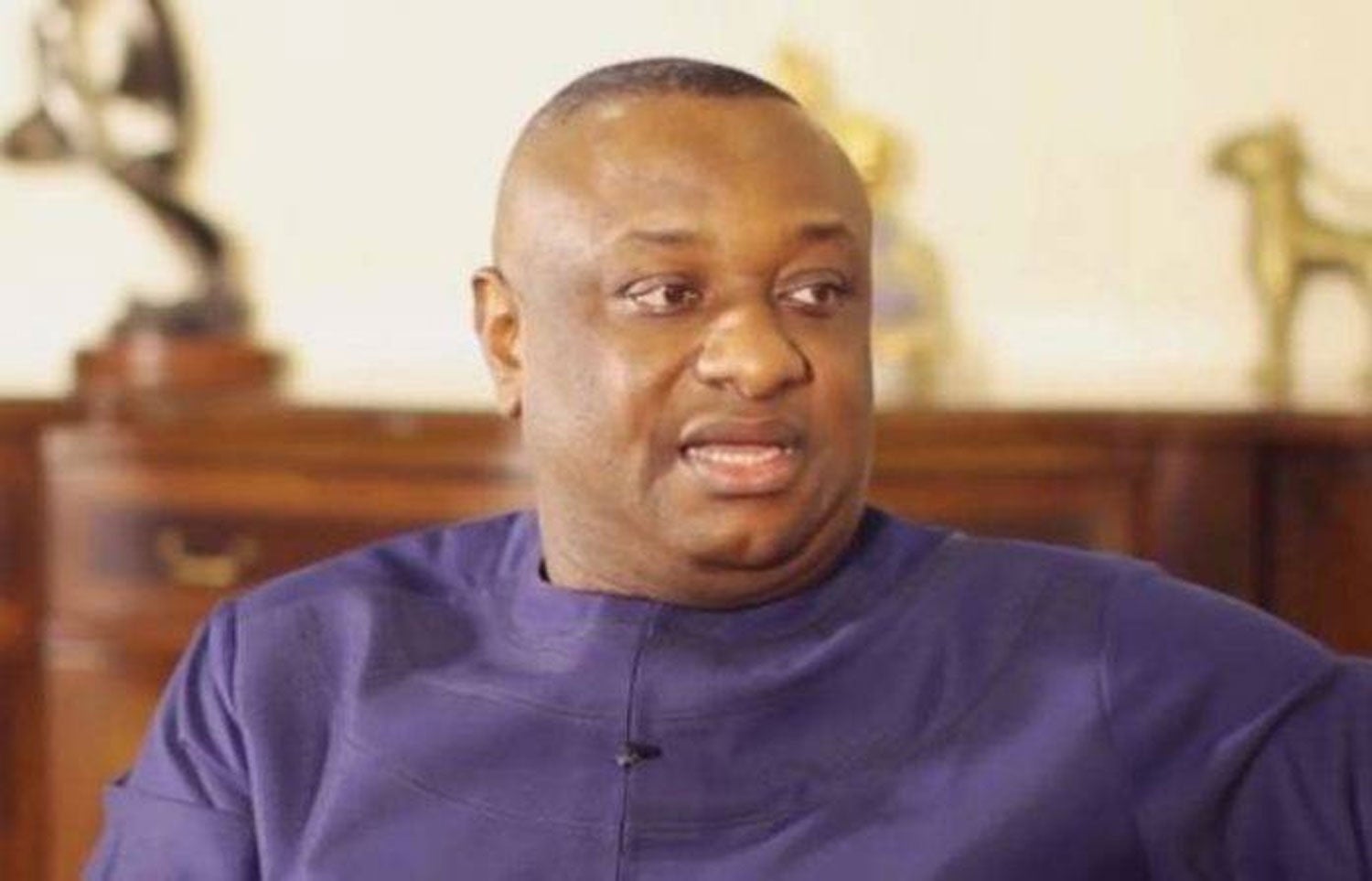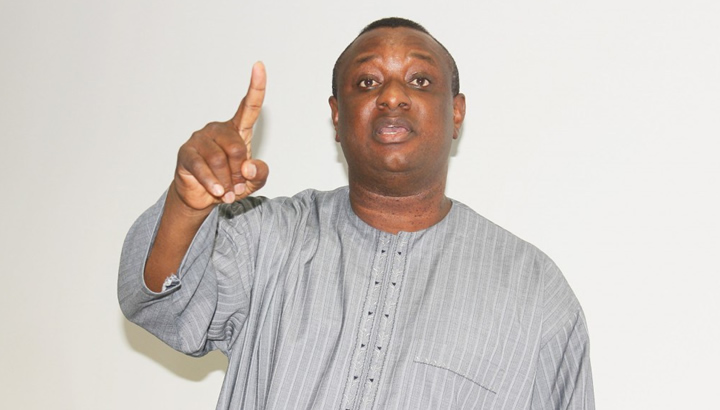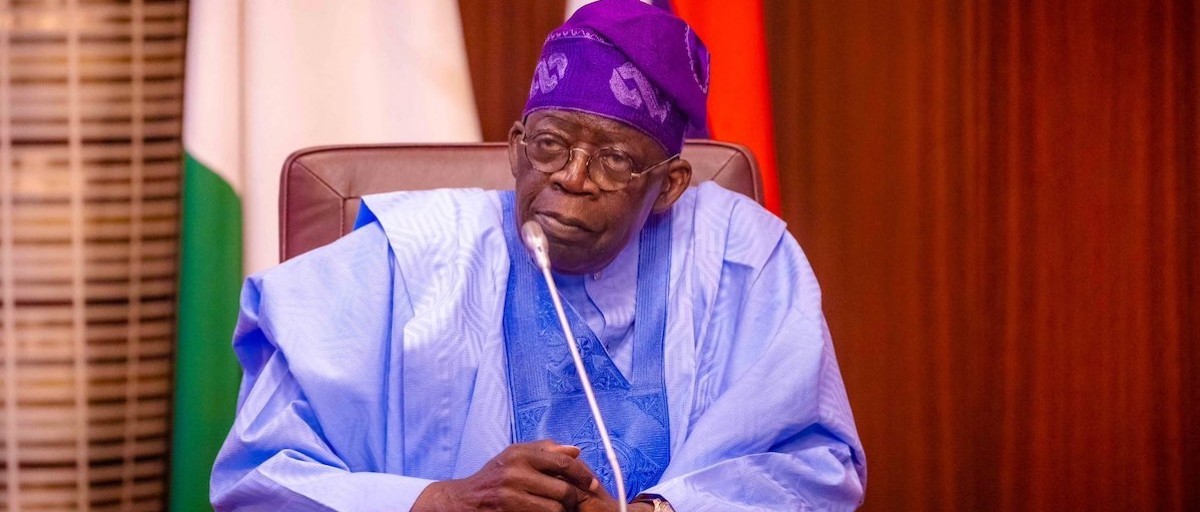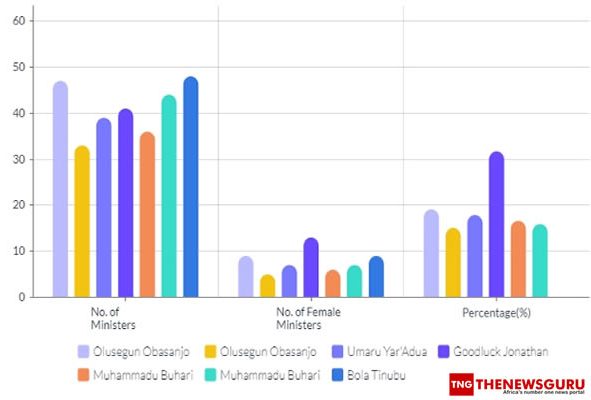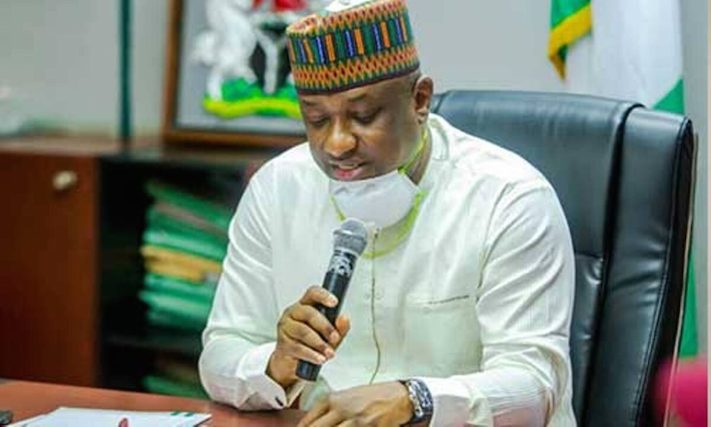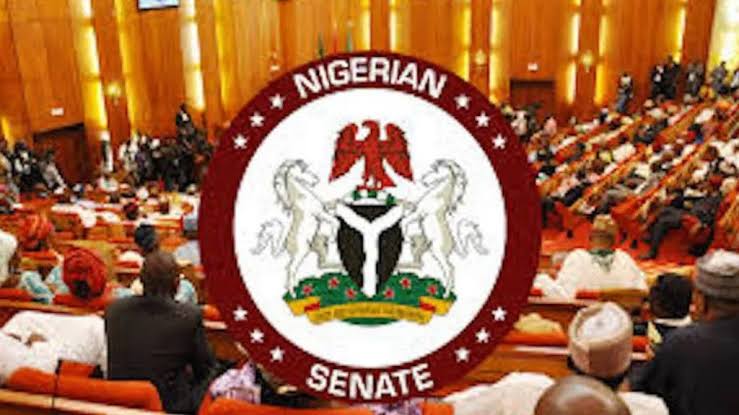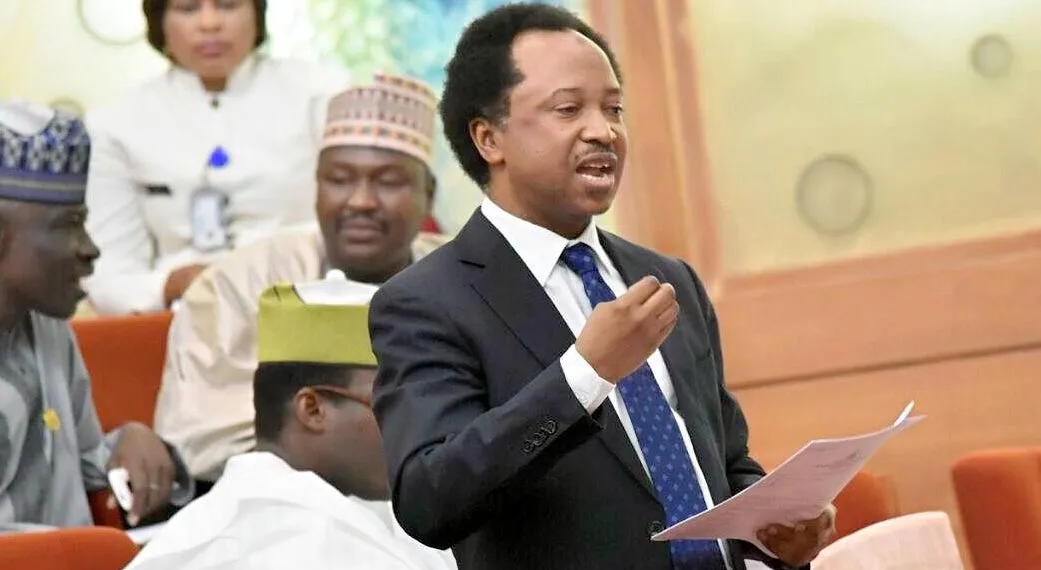On President Tinubu’s ministerial nomination list, I am surprised at our surprise. I am even more disappointed by our collective sense of disappointment. The note of public consternation is palpable and almost universal among Nigerians across all divides. Not only was the list late in submission, it was incomplete on first delivery. On closer scrutiny, nearly every segment of the Nigerian public has cried out. So much of a loud bang was expected. Instead, a flatulent loud thud was heard across the land.
The youth feel under represented at a time when our national demographics shows an undeniable youth bulge. Our women feel disappointed that in spite of their numbers and tremendous contributions to our national development from the home to the factory, from the boardroom to the bedroom, only a little more than 9 of them made a list of over 48 potential ministers.
Worse still, those of us, the elite, the high-minded and the incurable optimists of the Nigerian ideal are even more privately angry. For us, the depressing burden of Buhari’s wasted eight years meant that a successor regime should choose from the best of Nigeria to rescue our beleaguered nation. In our characteristic naivety and groundless idealism, we expected a lot of technocrats, citizens with know how and know why in a diversity of disciplines drawn from the private sector, the universities and the efflorescent Nigerian diaspora to adorn the federal cabinet. Alas, only a negligible sprinkle of such persons can be found in the list. AS elite, our judgments are blinded by meritocracy, not coloured by politics and silly compromised balancing.
But politicians and political animals of all hues are in large numbers in a list that looks more like a payback telephone directory of sundry political jobbers. Very conspicuously represented is the powerful trade union of former governors and potential ‘presidents’ who are viciously eyeing Tinubu’s seat and the opulence of the presidential villa where everything is free of charge for residents and their unlimited guests.
Of all the presences in the ministerial nominations list, the large representation of former governors is the most worrisome and embarrassing. It is of course understandable that most of these former governors are the ones responsible for the large vote returns in favour of the president in their respective states. The logic of crass political compensation and patronage only dictates that the president returns the ‘good turns’. But the basic requirement of a ministerial nomination also includes the public expectation that those nominated would be persons whose previous public service record should inspire the public in the expectation of better performance and service delivery. People also expect some modicum of public accountability from the new ministers. Bit here we are with over half a dozen former governors whose only qualification is that they carry the APC card or displayed electoral favoritism towards the ruling party.
Otherwise, Mr. Tinubu’s selection of so many ex -governors for ministerial appointment includes some of the most embarrassing specimens of state governance in Nigerian history. Some of them ran their states aground or drowned them in debt. Others were in cahoots with bandits to bleed their states. Yet others entered into power sharing arrangements with gunmen and bandits over the preponderance of violence and monopoly of force in their states. Quite a few have just had investigation files opened at the EFCC for sundry corruption allegations while in office. Yet others presided over states in which the citizenry never knew a moment of safety and security of life and property for upwards of eight years. In a few days time, these are some the ‘honourable’ ministers that the president will swear in and our public will be forced to welcome as redeemers of our besieged nation.
In many senses, President Tinubu has been very ‘Nigerian” in his approach to this business of cabinet selection. It has been typical Nigerian ‘cut and join’ cabinetry. Some resumes were not proof read for errors of sequence and logic. Some nominees started primary school only three years after they were born! Some nominees were not known to or cleared by the party chief priests in their states. One or two who are clear security risks escaped the eagle eyes of the security agencies. Some have cases pending in courts for unresolved cases of outright criminality but are awaiting conviction. For as long as there is as yet no conviction, you cannot exclude someone from the ministerial pork barrel simply because they are standing trial. That would be media trial and presidency spokespersons do not like that!
In all of this, the public expected perhaps a higher degree of scrutiny both by the relevant vetting agencies and especially the president’s office whose duty it is to approve the final list that went to the National Assembly. I hear the president’s Chief of Staff is diligent at ignoring what he chooses not to see. But in many ways, the ministerial list all bore the imprint of the typical Nigerian ‘cut and join ‘ carpenter.
The ‘cut and join’ carpenter is an ever-present metaphor of every instance of atrocious tinkering with most things that matter to us. It is ultimately a curiosity that reflects our national penchant for ad hoc solutions, short cuts, shoddiness and a general distaste for rigour even in important things. In street parlance, we are talking of the ‘any how’ and ‘anything goes’ syndrome in our national consciousness and culture. After all, “this is Nigeria!”, we casually declare, while expecting the same results as other nations who do their homework.
We even expect the rest of the world to lower standards, bend established rules or create our own standards for us to accommodate our untidy manners and even clap for us for ‘trying’. So, the ‘cut and join’ politician, judge or legislator etc. fall in line with their shoddy artisanal compatriots as typically Nigerian creatures of national convenience.
On the current public and private quarrels with President Tinubu’s cabinet nominations and their equally microwave Senate confirmations, we all-President, parliament, the commentariat and plain citizens out there- have displayed our trade mark lack of method even in momentary bouts of national madness. People have expressed their disgust and disappointment and then moved on with expecting business as usual in governance. Some even expect some magic, the miracle that this bunch of ordinary men and women will do some magic simply because they bear the badge of “new ministers”!
While we await the ritual swearing in of these Chiefs, the “honourable ministers”, our expectations need to be grounded in past experience and tempered by the anomalies of this selection. Some have pointed at the possible culpability of a good number of the new ministers for infractions ranging from wife beating to industrial scale corruption. Others have questioned the competence and basic capacity of some nominees. There is the equally important matter of the relative anonymity of the less known quantities among the new entrants. After all, it is echoed, this is a large country. You cannot possibly know everyone who has something to offer!
Over and above all the petty grumbles, however, there are larger issues that have been raised by Mr. Tinubu’s very ordinary ministerial nominations list. The high expectations are perhaps based on an anticipation that Mr. Tinubu or anyone that was elected to succeed Buhari would govern differently from the Daura general now turned herdsman.
That is wrong both politically and logically. Tinubu and Buhari are both APC chieftains. The party stands for only signpost progressivism but essentially ultra conservatism of the most decadent and even medieval hue. It is the party of politics as usual, of winner take all and business as usual. In many senses, Tinubu’s presidency is bound to be a continuation of the Buhari infamy. I wait to be corrected on this.
But at best, Tinubu’s ascendance is an in house succession from among advocates of the old politics of the African Chief, the African “Big Man” who is entitled to personalize and privatize the institutions and resources of state to advance a personal political end. This is a variant of the politics of Nguema, Mobutu, Arap Moi and Omar El Bashir only with a Nigerian coloration. In the context of that genre of African politics, it matters less who gets appointed minister. In this tradition, some ministers will recur in disguise or frontally. Mr. Festus Keyamo, Buhari’s junior minister of labour has metamorphosed into Tinubu’s megaphone and now ministerial nominee with the only qualification of insulting his superiors nd blindly praising his ever changing masters.
In this mode of politics, the behavior of the state and its prefects never changes. We can already see it in the behavior of the big chiefs of the state. It is there in Tinubu’s endless motorcades, in Akpabio’s imperial grand entrances into the Senate Chambers, the blatant arrogance of power minions like Dele Alake in their condescending and contemptuous rhetoric and attitude towards the public. You can see it in the sheer number of jobless state officials who leave their desks and troop to the airport to welcome the president who merely took a 30 minute hop across the border to attend an ECOWAS meeting. This is the contemporary African wasteful state. It never changes. The Chief or whatever his local ethnic nomenclature is the state and vice versa.
There is nothing so far in the political footprints of President Tinubu to suggest that he is likely to depart from the known footsteps of the African “Big Man” politics. His choice of key political figures sums it up. For party chairman for the APC, the President has literally hand –picked Mr. Ganduje, the authoritarian but dollar hugging former governor of Kano state, a new version of the famour Barkin Zuwo. For Senate President, President Tinubu assiduously worked for the emergence of Godwill Akpabio, the former Akwa Ibom State, Niger Delta Minister etc. as Senate President. This is the same man who for weeks regaled the public with comic strips from his exchanges with one Ms. Joi Nunei over the massive disappearance of funds from the coffers of the over ransacked NDDC. Before his was elected Senate Presdient, Mr. Akpabio was reportedly on medical leave abroad while the EFCC was reportedly looking for hom over a series of ongoing investigations and corruption related cases. Mr. Akpabio has just etched his signature on the identity of the new National Assembly by the viral video of his ‘vacation allowance’ for Senators last week. No one knows exactly how much holiday allowance has been credited to the accounts of their distinguished senatorial majesties courtesy of Akpabio’s generosity. Speculations now range from a paltry N2 million to a princely N30-N50 million! No one knows the real figure in a country where transparency is best described by the opaque black paper bag or “Ghana Must Go” money ferrhying bag! These key political figures can only signpost the moral identity of the new Presidency that has served us this tepid and embarrassing ministerial nomination list.
There is of course no doubt that there has been a mismatch between public expectation and political outcome since the 2023 presidential election. The expectation of the predominantly youthful voters who went to the polls expecting the emergence of a new leadership may have been vitiated by the outcomes announced by INEC. Let us make no mistake about it. Thsre were two politicaland moral propositions before Nigerians in the 2023 election season. The old Afrcian chief politics of Tinubu and Atiku was posited agiandt the new order politics of Peter Obi and his Obidients. The INEC announced electoral outcome enthroned a return to the old order. But the broad masses are expecting a new political order from the new president. This is the root of a certain dissonance between public expectation and the political reality of the moment. It is still the dominant tension of the moment in our national public mood and discourse especially in the social media.
The public expects Tinubu to emerge with an Obi-type governance model and perspective. The widespread disappointment over the ministerial list is coming from this dissonance and crisis of expectation. The political and electoral system has delivered an outcome at variance with the mood and expectations of the public. The result is bound to be widespread and incurable dissatisfaction and disappointment.
In another couple of days, a new federal cabinet will be sworn in with the usual injunctions and predictable speeches. New ministers will ascend the high pedestals of public office, many of them anonymous inconsequential entities catapulted from relative obscurity to the height of prominence and public notice. Quite a few previously impoverished and jobless entities will find work and unexpected monumental wealth. A few new scandals will germinate just as a few good men and women will find space to shine positively in the service of the nation. If for nothing else, perhaps our periodic political changes offer an opportunity for real change in the lives of a few political animals.
Those seeking images of the promised new life can perhaps find it if they look closely. After the ministerial swearing in, a few new men of power who arrived Abuja in night buses as ordinary party men and women will drive away from the venue in sparkling new black SUVs with fierce looking armed escorts. That, really, is perhaps the new meaning of the metaphor of the New Hope in the horizon!
